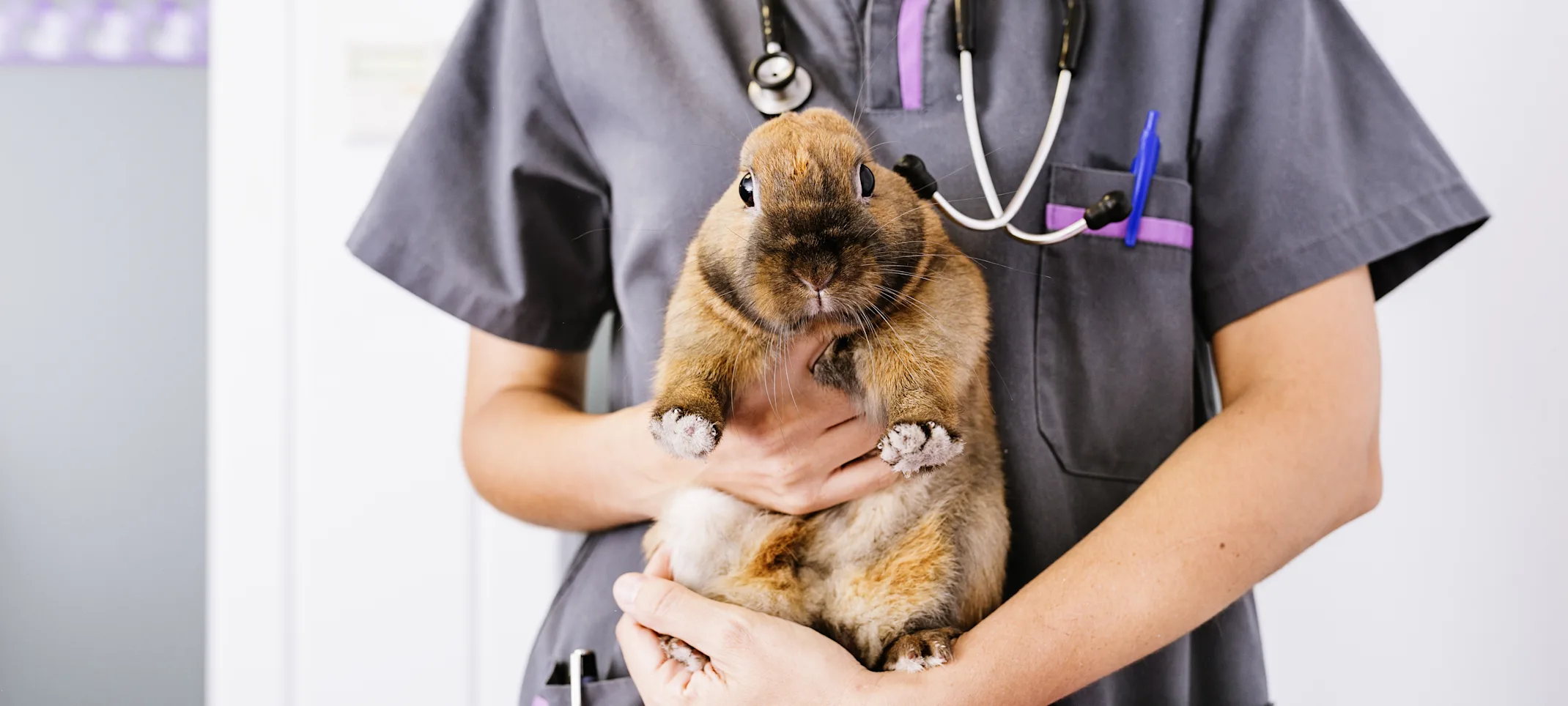Center for Bird and Exotic Animal Medicine
Spay & Neuter
Some exotic pets should be spayed or neutered to help them live a longer, healthier life, minimize development of behavior problems, and control the population of unwanted pets.

Your pet’s safety and comfort are our primary concerns when performing a spay or neuter. If you are shopping around for a competitive price on this procedure, be sure to ask about the type of anesthetic used, the type of pain management provided, and the monitoring equipment/procedures followed. We recommend IV catheter placement and administration of surgical fluids in all spay procedures. We always use multiple monitoring devices during your pet’s anesthetic procedure, including constant supervision by a certified veterinary technician. Although the risk of an anesthetic death in a normal healthy pet is very rare, our monitoring devices and procedures allow us to respond to an anesthetic emergency faster. Faster responses can save lives.
We use pain management techniques in conjunction with anesthesia to make sure your pet is as comfortable as possible during the procedure and after they are discharged. Our spay and neuter patients receive 2 or 3 different injectable pain medications during the procedure, and always go home with oral pain medication. Proper pain management makes the procedure as comfortable as possible, allows for faster recovery, and helps minimize risk of complications. Please call or visit our facility to learn more about our surgical procedures.
At your pet’s post-purchase exam, our veterinarians will discuss what age your pet can most safely undergo a spay or neuter procedure. Although the discussion of whether or not your pet should be spayed or neutered depends on many individual factors, in general, we strongly recommend that rabbits, hedgehogs, potbellied pigs, and guinea pigs undergo ovariectomy or ovariohysterectomies (See the Spaying discussion below). We also recommend that rabbits, guinea pigs, goats, and potbellied pigs undergo castration (See the Neutering discussion below).
Depending on the pet species, there may be options for discounted spay or neuter surgery through our wellness plans
Spaying
Spaying is a surgical procedure in which both ovaries and uterus are completely removed from your female exotic mammal pet. Also called an "ovariohysterectomy", the surgery is performed while your pet is under general anesthesia. There are several benefits to spaying your female companion mammal. First, you will contribute to the prevention of the pet’s overpopulation. Second, you will help prevent diseases in your pet such as pyometra (infection in the uterus), uterine tumors, cystic ovaries, and mammary cancer. Please talk to our doctors about whether or not this procedure is recommended for your exotic pet. In some species, an ovariectomy (where the ovaries are removed and the uterus is left within the animal) may be recommended instead.
Neutering
Neutering refers to the surgical procedure in which both testicles are removed. There are many benefits to neutering your male exotic mammal pet. First, you will contribute to the prevention of pet overpopulation. Second, neutering can help eliminate undesirable behavior in your male companion. Third, you will help prevent diseases in your pet such as prostate disease and testicular cancer. Please talk to our doctors about whether or not this procedure is recommended for your exotic pet.
Birds and Reptiles
Birds and reptiles have very different reproductive tract anatomy compared to mammals. We do not typically recommend routine spay and neuter procedures in these animals. However, they are prone to a variety of reproductive diseases, which depending on the problem, may require surgical correction. We are fully equipped to deal with reproductive surgeries in these species, and have special surgical equipment and monitoring techniques to accommodate their unique systems and minimize surgical risk.
